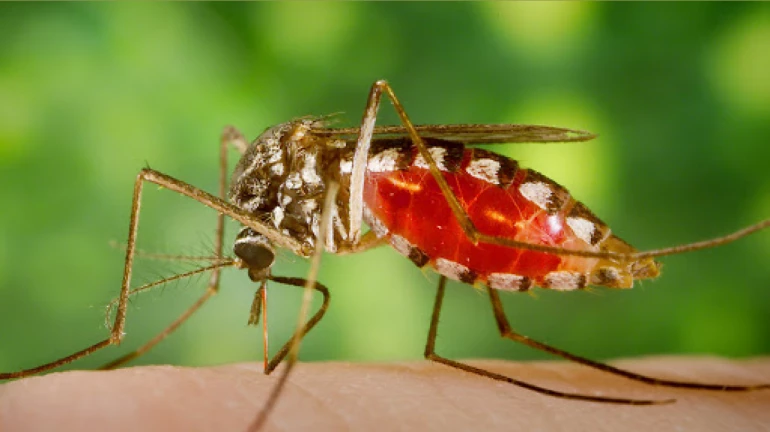
Malaria is a very common and sometimes even fatal disease which is caused by Plasmodium species and is transmitted to humans by the bite of a female anopheles mosquito.
Doctors state that while people of all age groups suffer from malaria it is more severe in pregnant ladies and children below the age of 5 or those whose immunity is very low.
Dr Saniya Wasim Shaikh, Tropical Diseases Specialist, Masina Hospital, Mumbai during her conversation with Mumbai Live shares what the disease symptoms are.
Shaikh says, “Various symptoms can be seen in young children like periodic fever, sweating and shivering. Other symptoms include diarrhoea, nausea, dehydration, drowsiness, headache, vomiting, flu-like symptoms, mild cough and cold.”
She adds, “The symptoms may vary depending on the parasites, but in the majority, they remain the same. The fever may sometimes reach up to 101 degrees. If the brain is involved it may also lead to seizures and if not treated on time it can also prove to be fatal.”
Considering the seriousness of this disease, Shaikh believes that it is pertinent to have a malaria vaccine, especially for people who are predisposed to developing severe disease, like pregnant women, children below the age of 5, and people with a weak immune system.
The doctor remarks, “The World Health Organization (WHO) endorsed the world’s first malaria vaccine in October 2021. Malaria ranks in the top three causes of death among children globally; nearly half a million children have died of malaria in 2020. Hence the malaria vaccine especially in areas where it is in high incidence can help save lives of hundreds from the disease each year.”
The conversation later shifted gears to the prevalence of Malaria amongst children in Mumbai. She attributes the increasing malaria cases in the city to dumping grounds, construction sites, open spaces, and hot and humid temperatures.
Shaikh comments, “Through public education, awareness and precautionary measures and also through the advent of the vaccine, the city may see a steady decline in the incidence of malaria in the years to come.”
Additionally, with the COVID-19 pandemic wreaking havoc in Mumbai, the experts utter that the co-existence of the novel virus with Malaria had detrimental effects on each other that in some instances also proved to be fatal.
The tropical Diseases Specialist mentions, “Above all, the pandemic has caused a delay in the diagnosis of malaria primarily due to overlapping of symptoms with coronavirus, secondly due to the unavailability of resources during lockdown because of the shift in focus towards COVID-19 and also due to apprehensions of the patients about stepping out of their house during the lockdown.”
The conversation nears its end with the doctor recommending precautionary measures that can be taken to avoid the spread of Malaria in children. These entailed:





